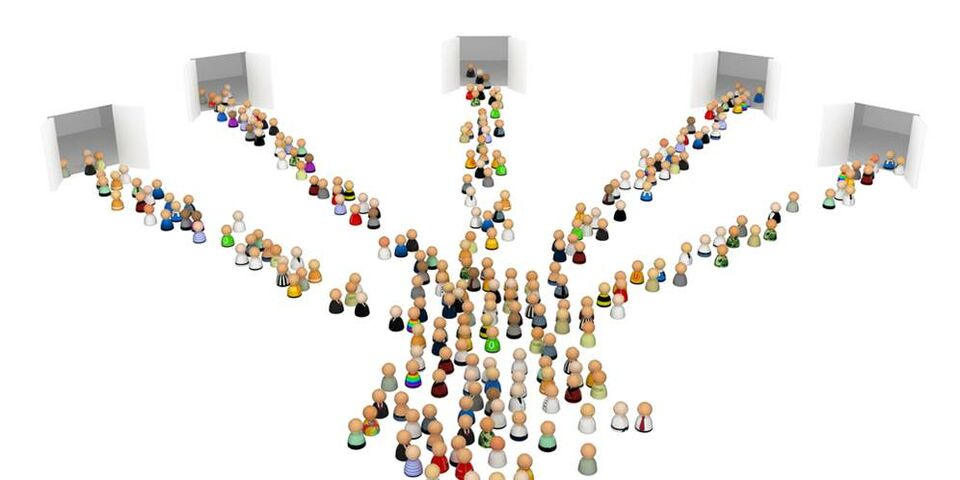Computer Science and Electrical Engineering grow most
Early registration numbers for Computer Science and Electrical Engineering have increased by 44.2 and 42.5 percent respectively compared to last year, making these programs the fastest climbers at TU/e. Innovation Sciences has seen a 19.4 percent drop. Overall, TU/e has received 3.2-percent more early registrations than last year, according to the latest Studielink numbers.
For the new academic year, TU/e can count on a 3.2-percent student inflow. The market share of TU/e compared to other universities will then be 3 percent. TU Delft has 6.2 percent more early registrations, while registrations for Twente University have dropped by 4.3 percent.
Computer Science and Electrical Engineering take the cake at TU/e with 44.2 and 42.5 percent more early registrations. Innovation Sciences saw 19.1 percent fewer registrations, and Applied Physics (-12.3) and Built Environment (-10.3) have received significantly fewer registrations. However, Applied Physics did welcome almost double the number of new students last year, which is still hard to explain.
Applied Mathematics has also done well receiving 21.4 percent more early registrations. Other programs have not shown significant changes. The number of women applying has increased once again, by more than eight percent. Biomedical Engineering (133 women, 80 men) and Industrial Design (80 women, 83 men) have a relatively high number of women especially. Nationwide, Maastricht University will be welcoming the most new students (+12.1 percent).
With 16.1 percent, Leiden University sees the largest drop in applications. New students have to register with Studielink before May 1 if they want to be eligible for a study check. Based on the early applications, universities have a better indication of the inflow they can expect for the new academic year.


Discussion